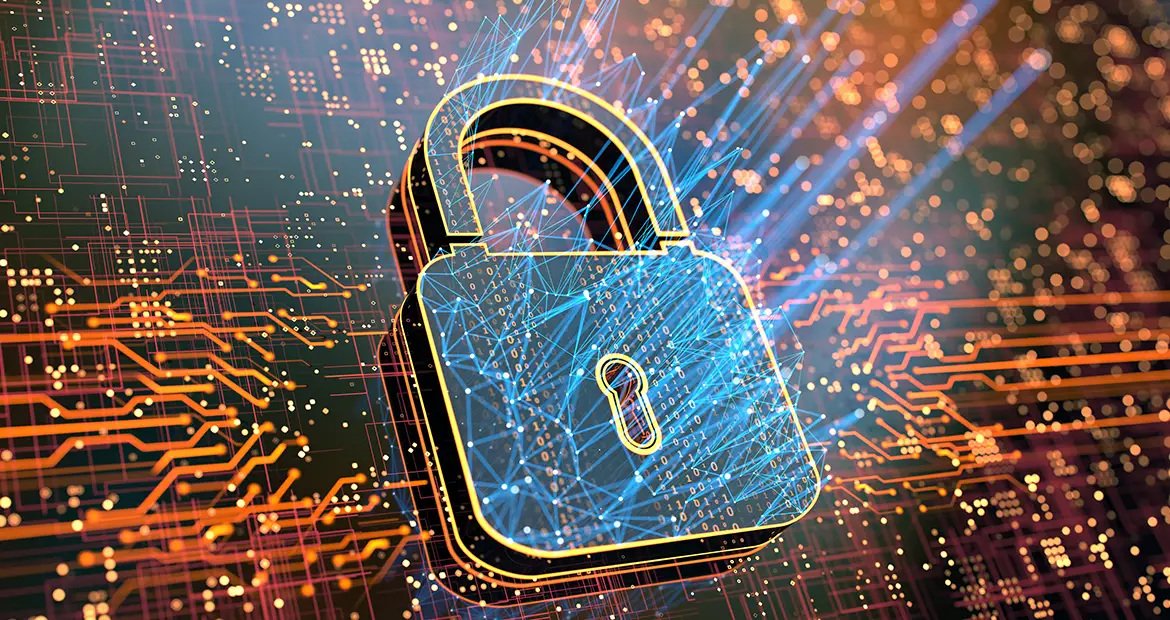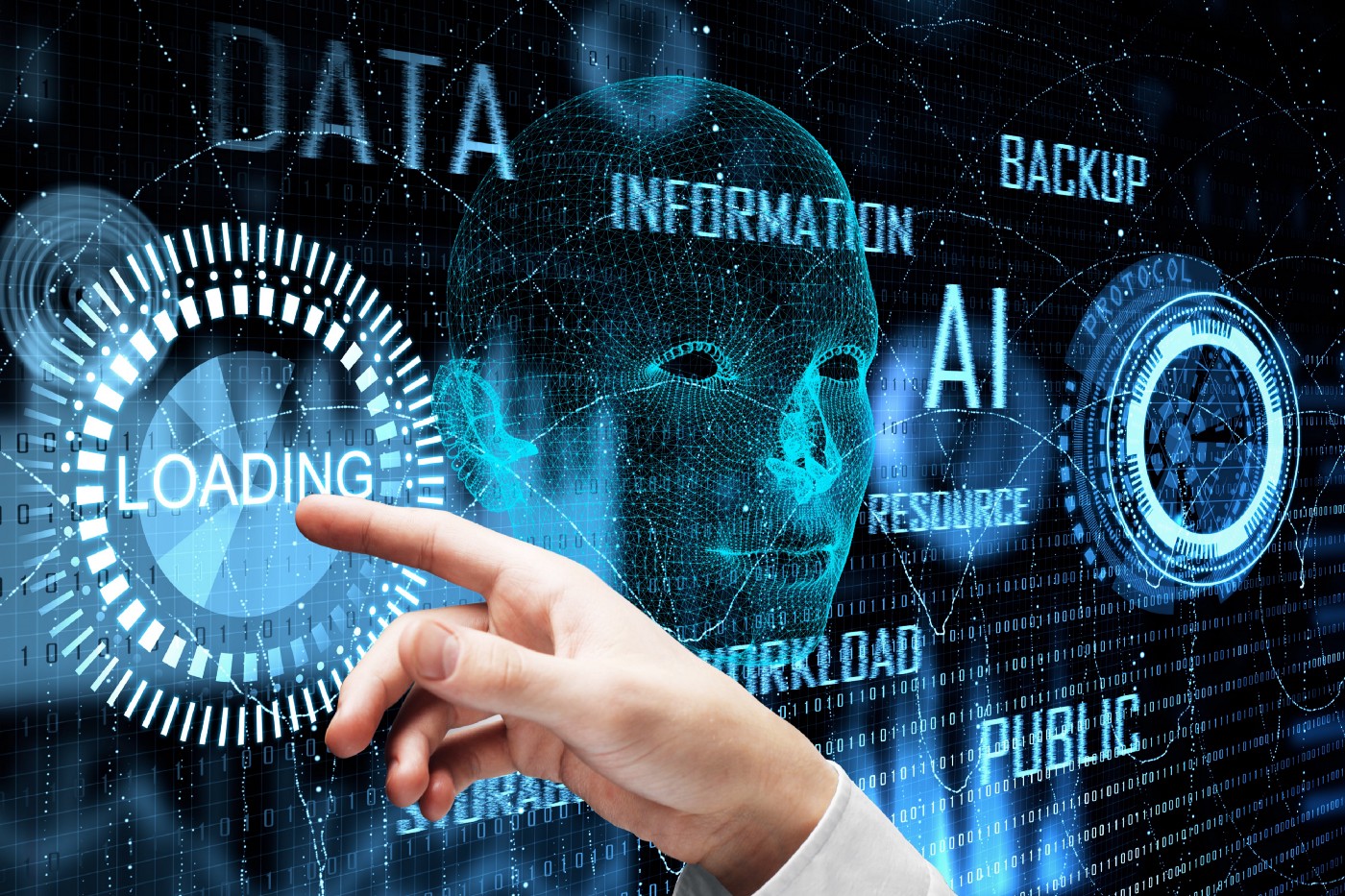AI And Cybersecurity: The New Frontier Of Defense

Executive Summary

AI (Artificial intelligence) is rapidly changing the cybersecurity landscape. Slowly replacing conventional defenses, AI-driven tools are making cybersecurity easier as technologies evolve, becoming increasingly sophisticated. By automating repetitive tasks, strengthening threat detection, optimizing resource allocation, and advancing threat intelligence, AI is significantly improving cybersecurity programs’ efficiency and effectiveness. This article provides a comprehensive deep dive into AI and its new role as a valuable tool in cybersecurity.

Introduction
The importance of cybersecurity has heightened as the world’s data continues to grow. Over reliance on digital infrastructure and integration of technologies creates an increased exposure to threats and attacks. Additionally, AI’s inclusion in cybersecurity marks the dawn of a new age, as it provides organizations with a new line of defense against an advancing frontier of formidable cyberthreats.
AI’s Impact on Cybersecurity
1. Automation of Repetitive Tasks
Integrating AI into cybersecurity streamlines routine tasks, minimizing human error and allowing cybersecurity professionals to augment their focus on analyzing detected threats.
- Advantages:
- Increased efficiency due to rapid and automated responses to security incidents.
- Optimization of resource allocation by prioritizing and streamlining security operations.
- Enhanced detection accuracy through pattern recognition and continuous learning algorithms.
2. Strengthening Threat Detection
AI strengthens threat detection by accessing vast databases, advanced analytics, and pattern recognition capabilities. These attributes allow AI to detect threats that evade traditional security measures.
- Advantages:
- Early identification and analysis of advanced threats previously unidentifiable to conventional methods.
- Real-time monitoring for quicker response time to upcoming threats.
- Detection of complex threats like zero-day exploits and spear phishing using machine learning algorithms.
3. Resource Allocation Optimization
AI can analyze network traffic and user behavior to detect anomalous patterns, vulnerabilities, and security incidents. By identifying and prioritizing risks, organizations can allocate their cybersecurity resources effectively.
- Advantages:
- Improved cybersecurity management and risk assessments through continuous monitoring.
- Fast and accurate identification of security gaps and vulnerabilities.
- Efficient use of resources such as personnel, expertise, and budget.
4. Threat Intelligence Enhancement
AI can collect security and threat data from various sources to generate valuable insights into the tactics, techniques, and procedures of adversaries. This information assists in improving existing security measures and planning for impending threats.
- Advantages:
- Access to a wide range of threat data for more comprehensive threat intelligence gathering.
- Automated threat analysis for more accurate threat detection and prevention.
- Continuous learning and adaptation based on new threat information.
5. Early Detection and Prevention
AI can detect and classify threats in real-time. Armed with this knowledge, AI can prevent threats from creating havoc by triggering appropriate security measures. This helps organizations reduce downtime, data loss, and financial impact.
- Advantages:
- Proactive protection against evolving and advanced threats.
- Minimization of dwell time, potential damage, and overall impact of security incidents.
- Enhanced security posture through predictive threat detection and prevention.
Conclusion
The arrival of AI in cybersecurity has revolutionized cybersecurity. Its abilities to automate tasks, augment threat detection, improve resource allocation, strengthen threat intelligence, and deliver accurate threat prevention are entirely redefining our approach to cybersecurity. AI is the future of cybersecurity. Its significant contributions in defending organizations and infrastructure from cyber threats will reinforce our protection against cyberattacks. As AI continues to advance, we can only expect its role to expand further, aiding us in a never-ending battle against cyber threats.
Keyword Phrase Tags
- AI in cybersecurity
- Cybersecurity automation
- AI cybersecurity
- Threat intelligence
- AI cyber defense

Excellent article on how AI is changing the cybersecurity landscape. The insights on AI-driven threat detection, threat prevention, and incident response are especially valuable.
I’m not so sure about the claims made in this article. AI might have some potential in cybersecurity, but it’s not a magic bullet. There are still many challenges to overcome before AI can be widely adopted.
The article provides a good overview of the current state of AI and cybersecurity. It’s important to note that AI is still a developing technology, and there are both opportunities and challenges associated with its use. It’s crucial for organizations to carefully evaluate their AI cybersecurity needs and develop a strategy that fits their specific requirements.
I disagree with the author’s assessment of the AI cybersecurity landscape. While AI certainly has the potential to make a positive impact, it’s important to remember that it’s a tool and, like any tool, it can be used for both good and evil. We need to be careful not to overestimate the capabilities of AI and, instead, focus on developing effective cybersecurity strategies that incorporate AI as one of many tools.
Well, well, well, look who’s talking about cybersecurity. The same people who have been ignoring it for years are now suddenly all over it because AI is involved. I guess it’s all about the hype, huh?
Oh, great. So now we’re going to rely on AI to protect us from cyberattacks. What could possibly go wrong? Especially when you consider the track record of AI in other areas, like predicting the future and self-driving cars.
I can just imagine the future of AI cybersecurity: “Sorry, your antivirus detected a virus, but it’s too smart for us. Please contact your local genius for assistance.”
I’m very excited about the potential of AI in cybersecurity. I believe that AI can help us to overcome many of the challenges that we face today, such as the shortage of skilled cybersecurity professionals and the increasing sophistication of cyberattacks. However, it’s important to remember that AI is not a silver bullet, and it’s crucial that we continue to invest in other cybersecurity measures.
I’m not convinced that AI is the answer to our cybersecurity problems. In fact, I think it could make things worse. AI can be hacked, and if it falls into the wrong hands, it could be used to launch devastating cyberattacks.
This article provides a comprehensive overview of the current and future applications of AI in cybersecurity. The insights into AI-driven threat detection, intrusion prevention, and incident response are particularly valuable. I highly recommend this article to anyone interested in the future of cybersecurity.
I don’t understand all this talk about AI and cybersecurity. I’m just a simple person, and I just want to protect my computer from viruses. Can’t I just use a regular antivirus program?
AI is the future of cybersecurity, and this article does a great job of explaining why. AI can help us to detect threats faster, respond to incidents more effectively, and predict future attacks. I believe that AI will play a major role in keeping our data and systems safe in the years to come.